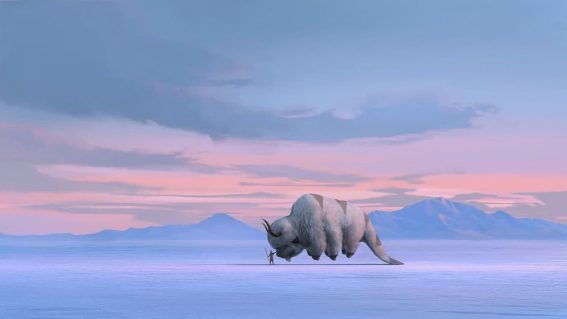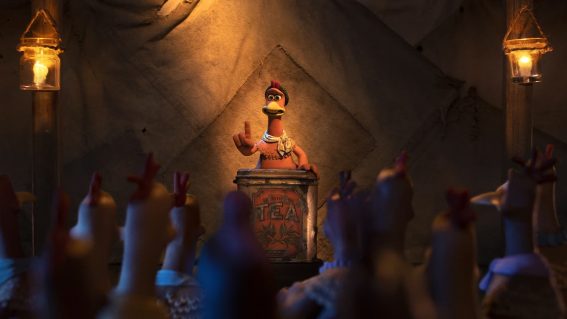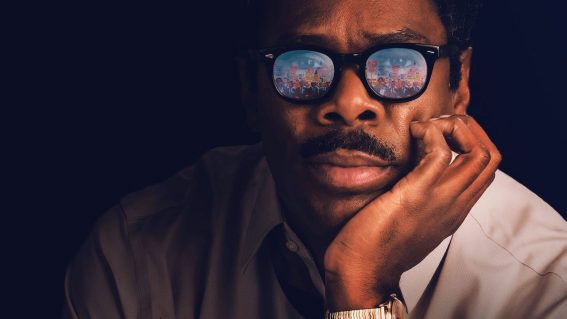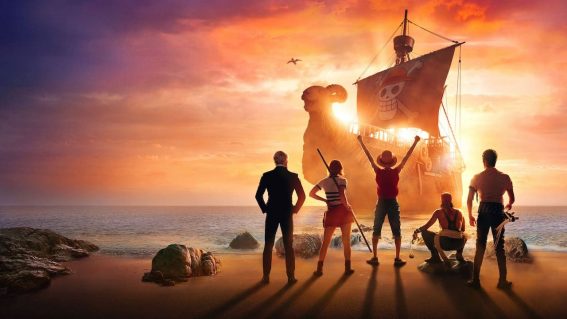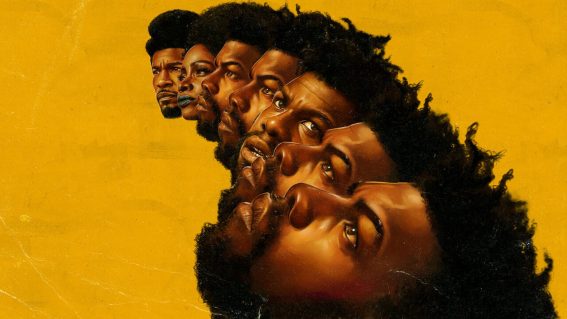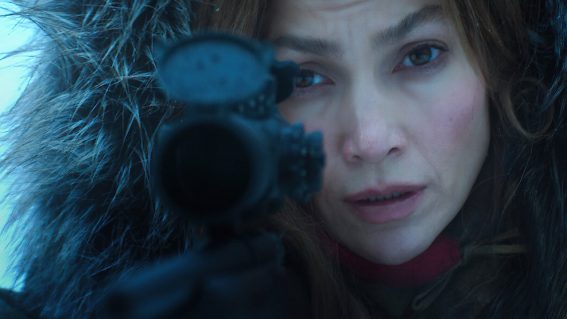Review: ‘1922’, from Australian Zak Hilditch, is the best Stephen King film this year

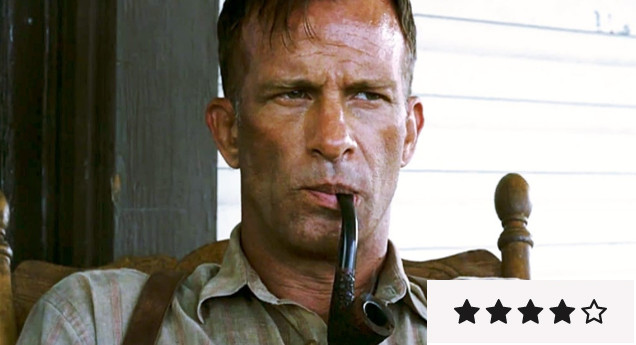
The story of 1922 – at least for a little while – is about a father and son bonding, with the terrible caveat that they are doing so through a mutual plan to murder their wife/mother. Australian filmmaker Zak Hilditch, adapting a Stephen King novella, renders misogyny as something passed down with chilling ambivalence by pappa, in the manner of a rite of passage – like playing catch in the yard or the throwing a mortarboard in the air during graduation.
How much of the intense resentment directed towards Arlette (Molly Parker) reflects loathing of a person – or a gender – and how much concerns issues of money and ownership is a question at the core of this darkly meditative horror/thriller. 1922 is a psychologically icky experience that sticks to you like mud to a blanket: an intensely gripping and gravely compelling follow-up to Hilditch’s previous project: 2013’s These Final Hours – an excellent, anarchic vision of humanity going troppo during its last moments.
The key line in 1922, grumbled by the hard-as-oak, sweat-caked Wilfred (Thomas Jane) is: “In the end, we all get caught.” It could have been: “In the end, we all pay.” The crime that justifies, in the perpetrators’ eyes, such murderous hostility towards Arlette is her plan to move from their farm home to the city, where she will open a clothes shop. The only way she can do this is to sell the 100 acres she brought to the marriage.
Wilfred and son Henry (Dylan Schmid) will have none of it. Although Wilfred does not explicitly say so, he views this idea as an affront to his very existence. “This is our house. This is where we belong,” he kvetches, sounding a little like Billy Bob Thornton from Sling Blade. It is difficult to know where the calculated killer emerges and the thick-witted hick ends, thanks largely to a magnetic, intensely controlled performance by Thomas Jane.
There is a telling scene with Wilfred, whose confession of a crime narrates the film, reflecting on the hatred he feels for his neighbour Harlan (Neal McDonough). Wilfrid loathes him because of his shiny blue Cadillac; his spiffy new barn; his indoor plumbing; his acquiescent wife. Does the protagonist want these things for himself – the obvious answer is yes, but not so fast – or does he simply hate Harlan for having them?
1922 is an anti-capitalist dream, of sorts. A film about bumpkin entitlement (‘by my cold dead hands will I surrender this land’), about rural-versus-city animosity, about yokels too uneducated to understand the political realities of the world around them. In the confusion about what they do or not do have, and values they may or may not hold, the natural by-product, according to Hilditch, is blind rage: at women; at neighbours; at themselves; at the top end of town.
It is a message particularly salient in the bewilderment of the Trump era. This is perceived to be a time in which dinki-di Americans, fed up with many decades of corrupt down-in-the-mouth clods from Washington, elected a billionaire pussygrabber to solve their problems, as if throwing decorum out the window were a panacea for their woes.
1922’s hallucinatory elements – a drop of water mistaken for blood; a grotesque jangling corpse – make the film perfectly good as a fright night, Telltale Heart type feature, with terrific tonal consistency. Hilditch has conjured a wicked thriller, tight and twitchy, with a brooding quality and some room for experimentation – including an innovative, virtually dialogue-free stretch detailing what has become of one of the characters, whose life has taken a Bonnie and Clyde-like turn.
1922 is easily the finest Stephen King film this year, and among the finest in recent memory. Much better than the crude psychological flagellation of Gerald’s Game (also on Netflix) and the gratuitous cash-grabbing of It. The source material may be King, but Hilditch’s dark trip actually feels like bizarro Woody Guthrie: 1913 Massacre rewritten by Edgar Allan Poe, or This Land is Your Land turned on its head. The director is now, without question, a major and exciting talent. And this is an exciting, nerve-wracking film.

